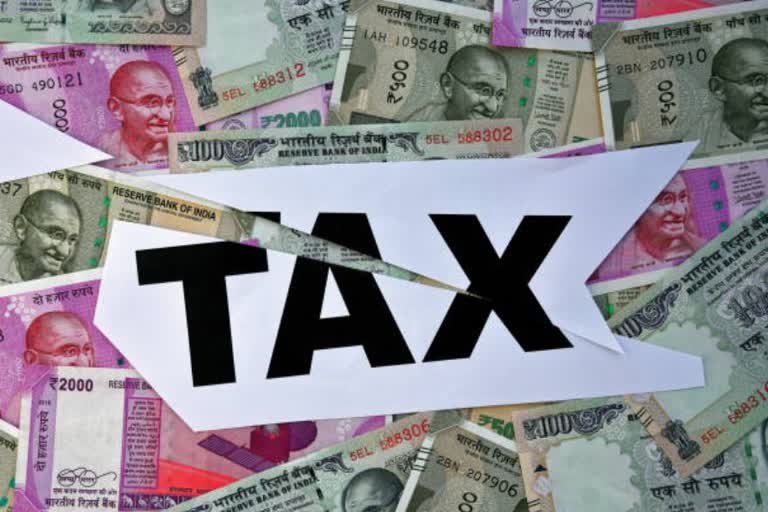Hyderabad: A single point that I would like to delve upon is that of the taxation of dividends. The taxation of dividends as it stands today is at multiple levels.
Under the existing provisions of law, the companies distributing dividends are required to pay tax at 15% which will enhance to 17.64 after it is grossed up and will be further enhanced by surcharge at 12% and also cess at 4% thereon. In aggregate it comes to 20.56% overall tax (DDT) on the dividend distributed by the company.
In view of the existing Dividend distribution tax (DDT) under section115-O, the dividends received by Individuals and Hindu Undivided Family (HUF) are tax free upto Rs 10 lakhs in a financial year and the dividend received in excess thereof will attract tax at 10% thereon.
However, the dividends received from Mutual funds on the other hand is completely exempt from tax in the hands of Individuals, HUF and other category of assesses under section 10(35) of the Act.
While the abolition of dividend distribution tax levied under section 115-O in the hands of companies is certainly welcome measure from the Govt of India, the levy of tax in the hands of individuals and HUF is really painful.
The Budget should have allowed certain threshold amount of dividend as exempt so as to benefit small individuals receiving dividends upto Rs 10 lakhs as earlier.
Now as per amended law, the total dividend received is to be added to your income and compute tax liability as per rates applicable to you for the respective year. Further the dividend payable is subject to TDS at 10% if it exceeds Rs 5000 when it is paid by the company.
Considering huge rate of tax applicable to individuals, let us examine tax liability on dividend as per the table below for more clarification;
| Assessee having income but not opted for new taxation slabs | Under old law on dividends | Under newly amended law on dividends * |
| Dividend Income of Rs 10 lakhs | NIL | 3,00,000 |
| Income above Rs 10 lakhs to Rs 15 lakhs | 50,000 | 4,50,000 |
| Dividend of Rs one crore | 9,00,000 | 30,00,000 |
Assuming they are in high tax bracket at 30% having dividend income and tax stated above is subject to surcharge and cess as applicable to them based on their total income.
| Assessee having income but opted for new taxation slabs | Under old law on dividends Rs. | Under newly amended law on dividends * Rs. |
| Dividend Income of Rs 10 lakhs | NIL | 2,50,000 |
| Income above Rs 10 lakhs to Rs 15 lakhs | 50,000 | 4,50,000 |
| Dividend of Rs one crore | 9,00,000 | 30,00,000 |
Assuming they are in high tax bracket at 25% / 30% having dividend income and tax stated above is subject to surcharge and cess as applicable to them based on their total income.
The overall tax impact in the case HIN (high net worth individuals) will be huge. Take for instance, the receipt of dividend is Rs 50 lakhs in a financial year, assuming he is falling in income bracket of above one crore, he is required to pay surcharge at 15%.
The tax on dividend at 30% will work out to Rs.15 lakhs on which surcharge and cess will come to Rs 2.94 lakhs and in aggregate it works out to Rs 17.94 lakhs as against Rs 4.78 lakhs at present.
In this case under old law, the company should have paid DDT of Rs 10.28 lakhs at 20.56% plus the above tax of Rs 4.78 lakhs which in aggregate works out to Rs 15.02 lakhs. In other words, the new law brings an addl revenue of Rs 2.92 lakhs to the Revenue in this simple case.
In fact the impact would be still more at higher levels as the surcharge scales up to 25% (for two to five crores) and also 37% (above five crores) on basic tax.
Thus under newly amended law, every individual, HUF and all other assesses are now required to show this as income along with other income for computing tax. There is no threshold exemption provided in the act. Further dividends payable shall be subject to TDS at 10% thereon if it exceeds Rs.5000 in each case.
(Article by G. Sambasiva Rao, CA)



